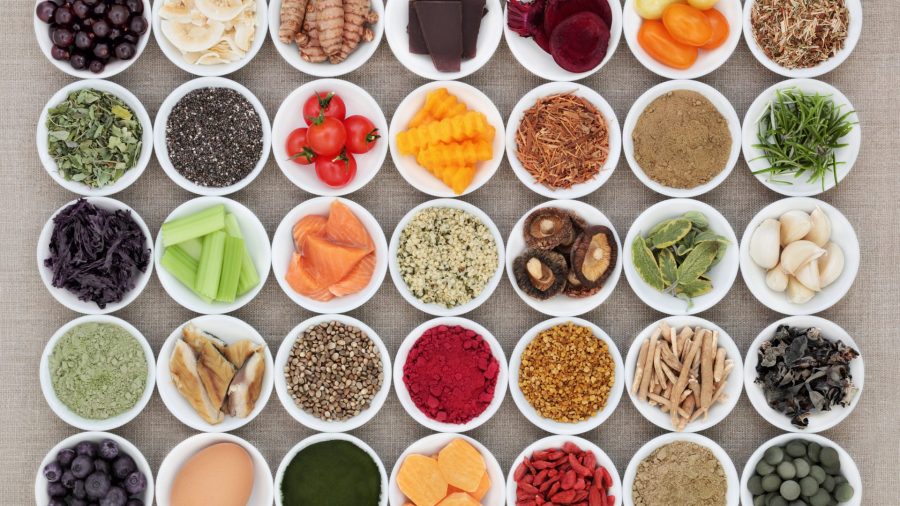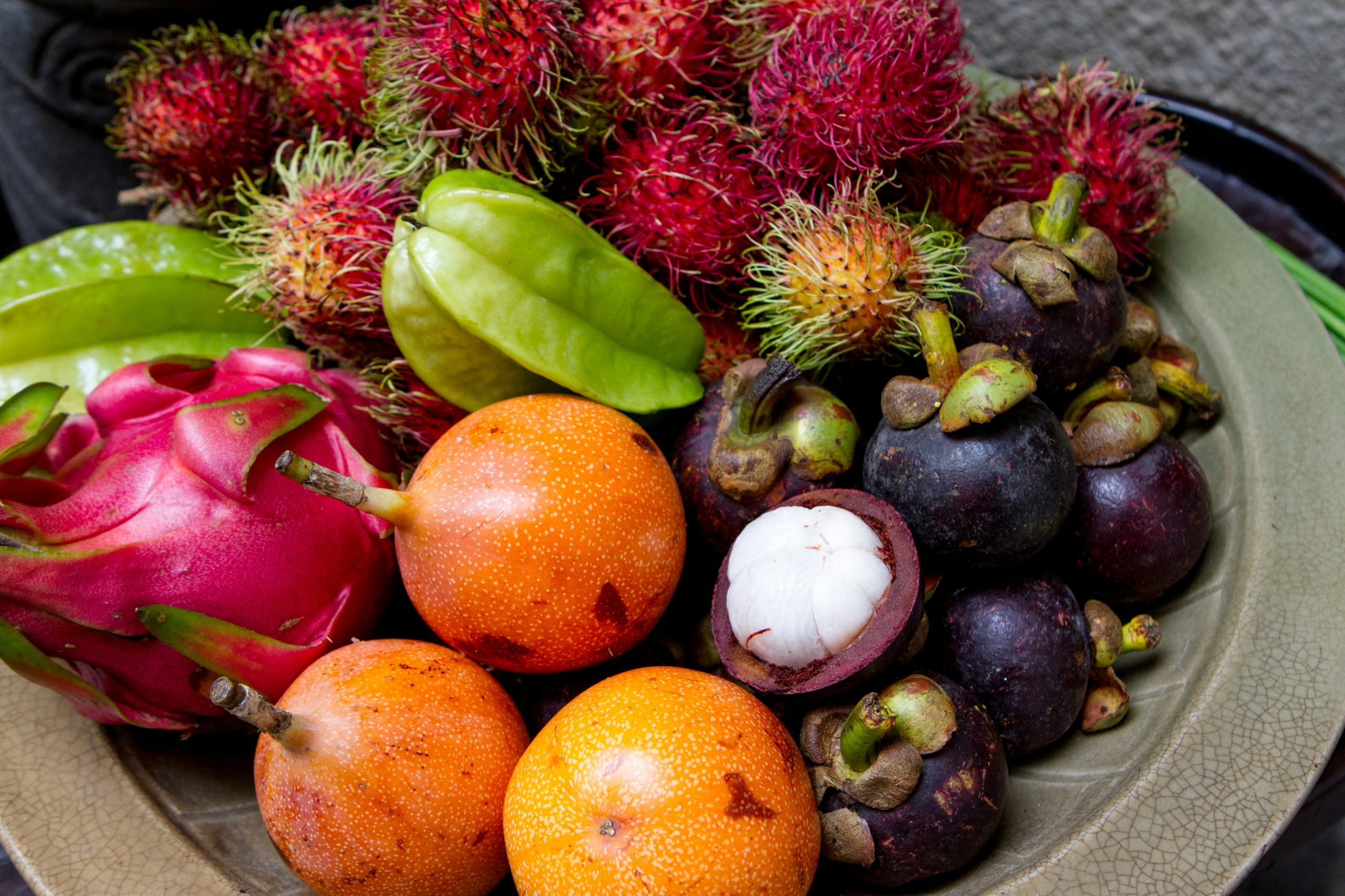It doesn’t look like the health and wellness trend is going anywhere – and functional food ingredients are sure to benefit from it.
So much so, that the market is projected to reach $118.4 billion by 2026, according to a new market study by Global Industry Analysts.
With that, The Food Institute took a closer look at this dynamic and which products are likely to benefit most.
WHICH FUNCTIONAL INGREDIENTS WILL BE MOST IN-DEMAND?
Consumers will increasingly gravitate towards ingredients that support an overall sense of health and wellbeing, Kingdom Supercultures CEO Kendall Dabaghi told The Food Institute.
“Given the centrality of digestion, immune health, and cognitive functioning to general perceived wellness, it’s likely that these areas will see outsized growth in the coming years,” Dabaghi said.
A recent Food Institute webinar explored how consumers are increasingly gravitating towards probiotics as a functional ingredient. The probiotics market itself is predicted to reach around $133.9 billion by 2030, according to a report from Precedence Research.
During the webinar, Jordan Breslauer, vice president of data analytics & customer experience at Social Standards, shared that supplements, kombucha, and yogurt are the most prominent probiotics products in consumer conversations, while more niche over-indexed foods/beverages in probiotic conversations include kefir, kimchi, and sauerkraut.
Meanwhile, Paul Evers, CEO of beverage company Riff, told The Food Institute he expects immunity to take a back seat to other functional benefits supporting fitness, mental acuity, and stress reduction as we migrate out of the pandemic.
Evers’ perspective is in line with the some of the functional snacks and beverages highlighted by The Food Institute after attending Natural Products Expo West 2022. Products with health benefits that claim to help consumers think and relax by leveraging ingredients such as Siberian Ginseng for energy or ashwagandha, a medicinal herb suggested to help users with mood, memory and stress, were prominent at the event.
WHY ARE CONSUMERS SO INTERESTED?
The rise in interest is no surprise based on the overall shift towards health we have been seeing in recent years. NPD Group recently found that, nearly two years after the pandemic hit, U.S. retail sales of products in health and wellness categories continue to grow.
“Expectations have shifted as innovative brands have introduced a plethora of natural and organic ingredients delivering functional benefits,” said Evers. “This movement was amplified over the course of the pandemic as consumers prioritized health and wellness, particularly immunity. This has drastically re-set expectations.”
Additionally, chronic disease prevention could also be coming into play, noted Dabaghi.
“The last few decades have seen enormous increases in chronic disease, which many have tied to the growth in processed foods and artificial ingredients,” said Dabaghi. “Consumers are interested in how food can also proactively prevent these conditions … As the incidence of chronic disease increases and healthcare costs have continued to rise, interest in functional ingredients has also grown.”












